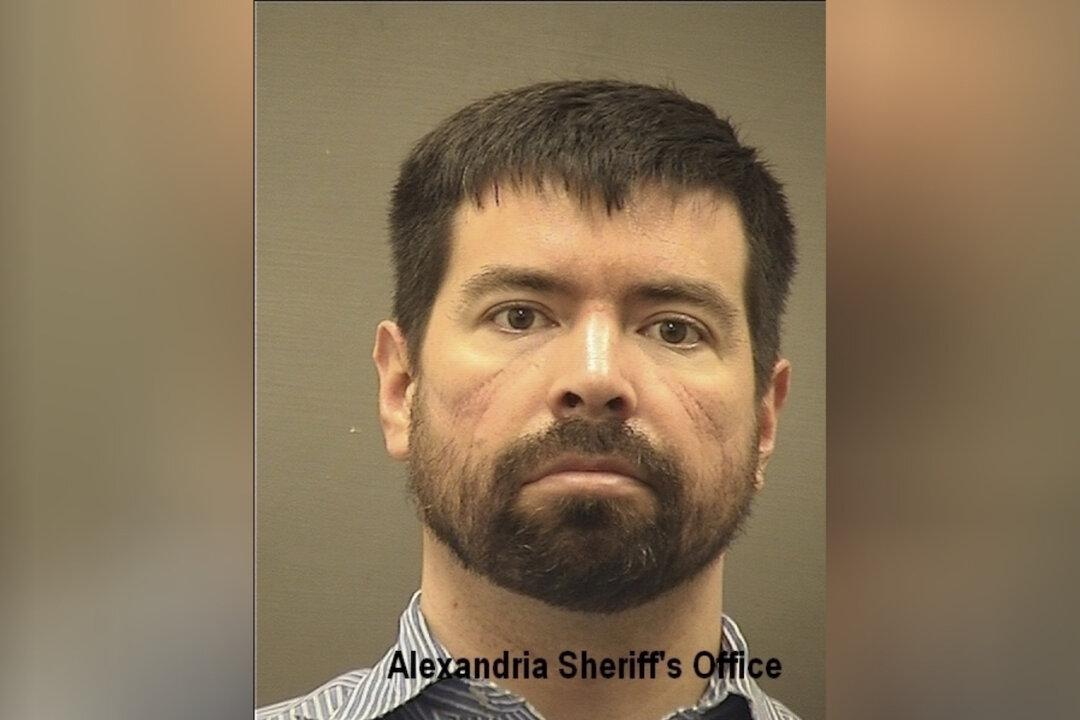A federal jury late Jan. 18 convicted a Navy reservist on charges of unlawful possession of unregistered silencers.
Hatchet Speed, 41, of Falls Church, Virginia, also faces entirely separate charges related to the Jan. 6, 2021 breach of the U.S. capitol.




